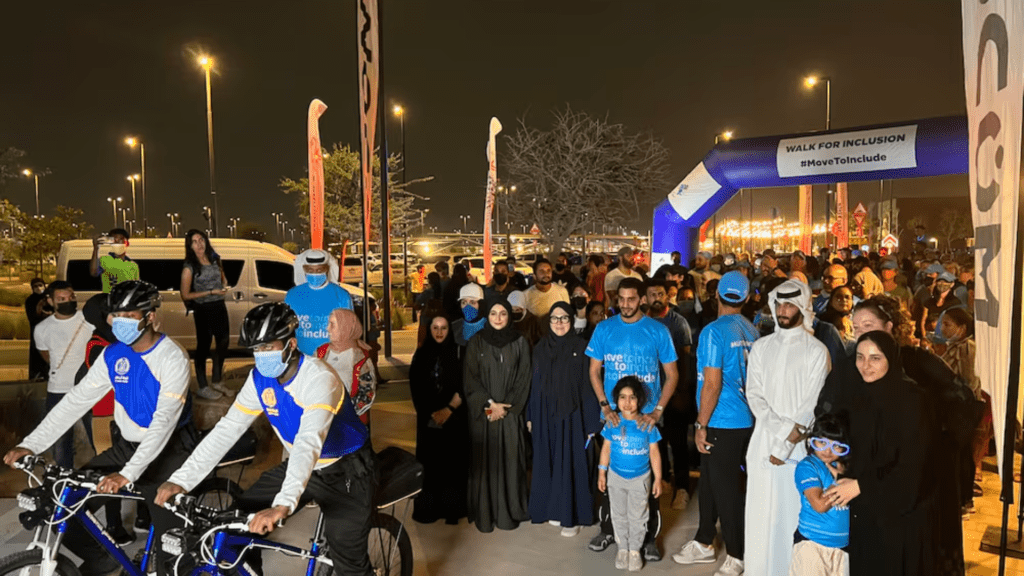In recent years, Dubai has made significant advancements in raising awareness about autism spectrum disorder (ASD), yet experts emphasize the need for further efforts to integrate individuals with autism into the community effectively.
Dubai’s Ambition to Become Autism-Friendly Destination
Dubai’s aspiration to become the Middle East’s first Certified Autism Destination, announced in December 2022, marks a milestone in the region’s approach to autism awareness. Myron Pincomb, CEO of the International Board of Credentialing and Continuing Education Standards, revealed that Dubai is halfway through this certification process. Once achieved, Dubai will be the first city outside the US to attain this status, underscoring its commitment to inclusivity and accessibility.
Initiatives to Support Individuals with ASD
To facilitate travel for individuals with autism, Dubai International Airport has undergone significant transformations. It became the first international airport to earn the Certified Autism Centre designation, ensuring a supportive environment for travelers with hidden disabilities. Additionally, Emirates Airlines has achieved a Certified Autism Centre designation for all four of its Dubai check-in facilities, demonstrating its dedication to providing tailored assistance and support.

The implementation of the Sunflower Lanyard Programme at Dubai Airports is another notable initiative. This globally recognized symbol indicates that the wearer has a hidden disability and may require additional assistance. Employees are trained to recognize these lanyards, ensuring that individuals with non-visible disabilities receive the necessary support throughout their journey.
Challenges and Opportunities
While Dubai has made commendable progress in accommodating individuals with autism, experts highlight the importance of community-level integration. Nipa Bhuptani, founder of the Applied & Behavioural Training Institute, emphasizes the need for increased awareness and resources at the community level. Despite the positive initiatives, there remains a lack of Arabic-language resources and comprehensive understanding of autism within the broader community.

Looking Ahead
Despite the challenges, Dubai resident Stephanie Hamilton, whose daughter has Down syndrome and autism, acknowledges the city’s efforts in enhancing autism awareness. Hamilton appreciates initiatives such as landmark lighting events to mark World Autism Awareness Day, emphasizing the importance of recognizing and celebrating individuals with autism. However, she stresses the need for complete cohesion between authorities and public-private establishments to ensure the success of autism-friendly initiatives and promote seamless integration into society.
Conclusion
Dubai’s progress in autism awareness reflects its commitment to inclusivity and accessibility. While significant strides have been made, ongoing efforts are essential to ensure that individuals with autism receive the support and understanding they deserve. Through collaborative initiatives and community engagement, Dubai continues to pave the way towards a more inclusive society for individuals with autism.














